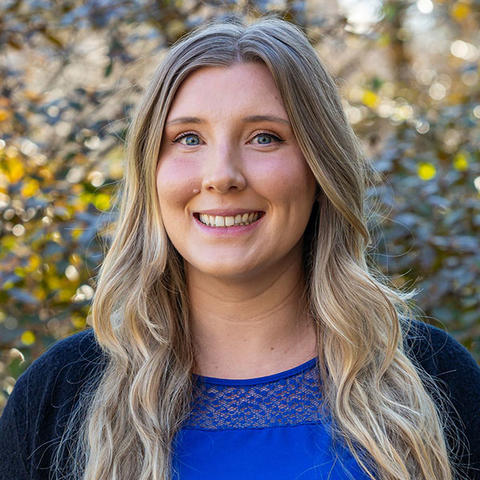Angela Han '25

Details
This summer, Angela Han '25 worked for the Laboratory for Cognition and Neural Stimulation (LCNS) within the Neurology Department at the Perelman School of Medicine. Read more about Angela's experience with the Gertrude Albert Heller Memorial Grant here!
My name is Angela Han, and this summer I worked for the Laboratory for Cognition and Neural Stimulation (LCNS) within the Neurology Department at the Perelman School of Medicine. Our lab is committed to advancing clinical research involving non-invasive neuromodulation and developing novel stimulation-based therapies for neurological disorders. LCNS investigators combine noninvasive brain stimulation such as transcranial magnetic stimulation (TMS) or transcranial direct current stimulation (tDCS) with complementary approaches, including but not limited to behavioral measures, patient lesion studies, functional neuroimaging, and measures of cortical physiology.
Under Dr. Kelly Sloane, I specifically studied how TMS can differentiate between cognitively normal and cognitively impaired individuals with small vessel disease (SVD), a subtype of vascular cognitive impairment (VCI). There are no validated biomarkers to explain the variability of cognitive phenotypes in individuals with SVD nor to predict its progression to dementia. While noninvasive methods are an emerging tool for measuring neuroplasticity in relation to cortical excitability and long-term potentiation (LTP)-like plasticity, they have rarely been applied to SVD. As the first study to combine neurophysiologic measures and genetic modifiers of neuroplasticity to explain vulnerability to cognitive decline in SVD, I spent a substantial amount of time reviewing literature and researching different diagnostic techniques used for vascular-related conditions for publication. It was eye-opening to learn about how noninvasive neuromodulation can change cortical activity and be used for assessment/ treatment of a variety of conditions, including neuropsychiatric disorders, Parkinsonism, stroke, and chronic neuropathic pain.
Scientific research was something strikingly new to me entering Haverford as a freshman and took me a long time to get accustomed to by taking various paths all throughout my college experience. Looking back, I feel a lot of gratitude towards my experience at Haverford labs and professors that have given me the opportunity to build the way I love research today and to confidently say what my passion looks like in the field of neuroscience. As a rising-senior, I am still discovering novel areas of clinical studies in cognitive neuroscience and this summer experience has definitely made me reevaluate how much I appreciate the ways we aspire to make high-impact discoveries that advance the world as researchers. I am more than honored to continue my research with the LCNS throughout my senior year for my off-campus thesis. I am very thankful to the CCPA and the Gertrude Albert Heller Memorial Grant for allowing me to mold my research path as a whole and gain exposure to a novel field of neuromodulation.




